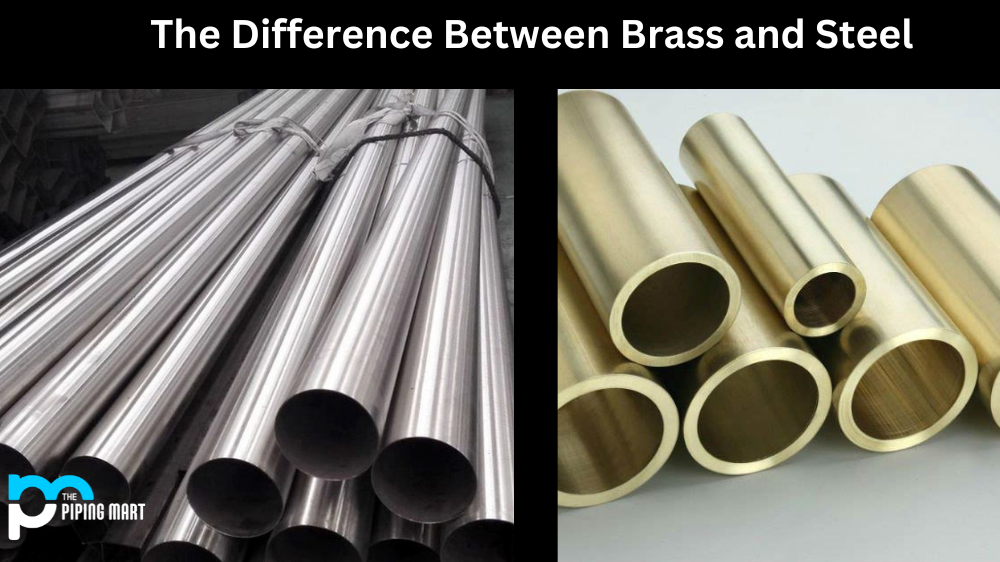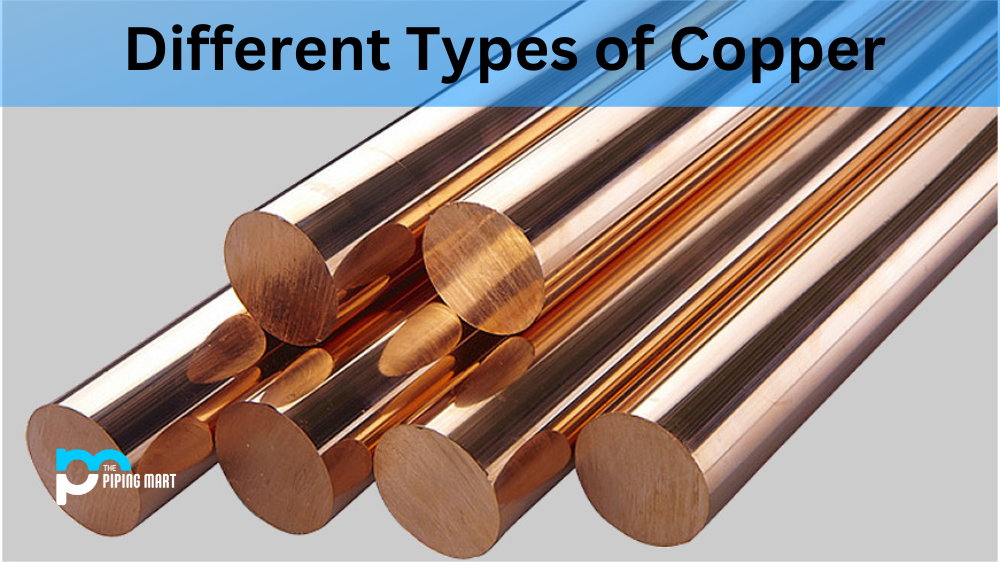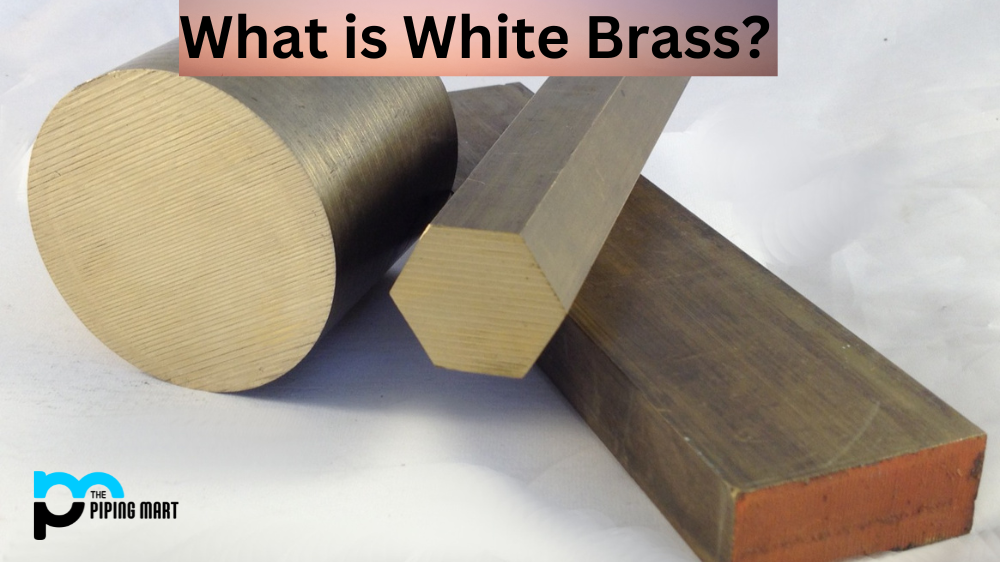Regarding metalworking, two of the most common materials used are brass and steel. Both are strong, durable, and versatile, but some unique differences between them make them better suited for specific applications. This blog post will look at what sets brass and steel apart and discuss which might be suitable for your project.
Strength and Durability
Steel is much stronger than brass, making it the go-to choice when strength is a must. Steel is your best bet if you need something that can withstand extreme temperatures or wear and tear over time. On the other hand, brass has slightly more give than steel, making it ideal for applications where flexibility is essential. It’s also much less likely to corrode or rust over time because of its chemical composition.
Cost
Regarding cost, brass generally costs more than steel upfront due to its complex manufacturing process. However, in terms of long-term costs, brass may be the more economical choice since it tends to last longer than steel before needing replacement or repairs. Since brass can resist wear-and-tear better than steel, it may save you money in the long run if you factor in maintenance and repair costs over time.
Weight
Steel is heavier than brass by about twice as much per volume measure—meaning that if you have a part made from both metals with identical dimensions, the part made from steel will weigh significantly more than its brass counterpart. This can be important when considering shipping costs or load capacity for projects such as bridges or large structures where weight plays an integral role in stability and safety concerns.
Conclusion:
Depending on your project requirements, either brass or steel could be the suitable material for you—but now you know the difference between them, so you can make an informed decision before purchasing any materials. Whether you choose brass or steel (or even another material altogether), remember how each one will perform under specific conditions before committing to a purchase!

Pipingmart is a B2B portal that specializes in metal, industrial and piping items. Additionally, we share the latest information and information about materials, products and various types of grades to assist businesses that are involved in this business.




